i want to get session token in response header(Set-Cookie).how can i access values in Response header ?
var headers = new Headers();
headers.append('Content-Type', 'application/json');
console.log('url',this.loginUrl)
this.http.post(this.loginUrl,
JSON.stringify({ "username": value.username, "password": value.password }),
{ headers: headers })
.map((res: Response) =>
res.json())
.subscribe((res) => {
console.log("res", res);
this.loading.hide();
if (res.message_code == "SUCCESS") {
this.nav.setRoot(HomePage, {
username: value.username,
});
} else {
let alert = Alert.create({
title: "Sign In Error !",
subTitle: 'Please Check Username or Password.',
buttons: ['Ok']
});
this.nav.present(alert);
}
}, err => {
this.loading.hide();
console.log('error', err);
});
this is my header response
